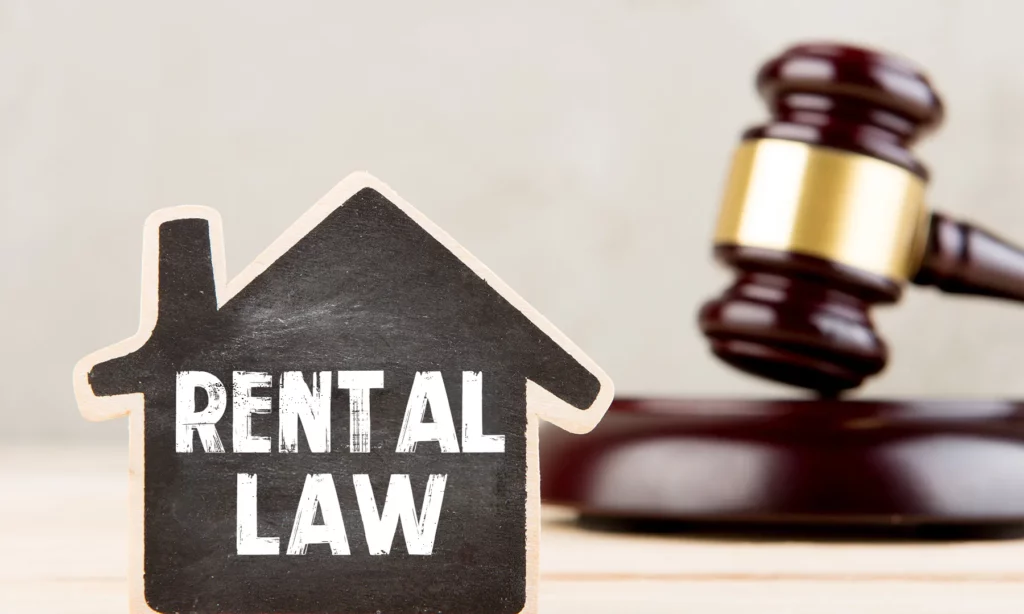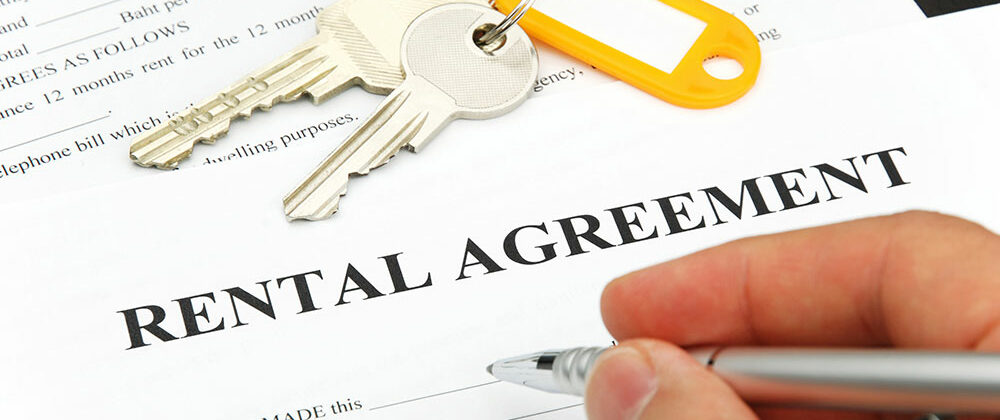
On February 7, 2023 and in August of 2022, we published two blogs that highlight the challenges Sandy Springs is facing due to negligence on the part of the management of some of our apartment communities regarding maintenance requests.
- Read More: Sandy Springs Leaders Consider Improving Conditions for Apartment Residents , Additional Sandy Springs Code Enforcement Approved
Recent news reports in The Atlanta Journal-Constitution have pointed out that Georgia is behind most of the nation when it comes to ensuring renters have rights. During the 2023 legislative session, so far, two key pieces of legislation pertaining to renters’ rights to livable housing conditions have been drafted for consideration.
These two pieces of legislation, HB404 and HB344, would be important steps in the right direction towards protecting the rights of our apartment neighbors.
If passed, HB344 would give landlords specific duties when it comes to addressing the state of a rental property. The bill would provide specific living conditions that a property would have to meet in order to be deemed habitable for tenants, and it includes remedies for tenants whose properties did not meet said conditions, including withholding rent.
Key Provisions of HB344
- The Building must comply with housing, fire or health codes and have effective waterproofing and weather protection of the roof and exterior walls, windows and doors.
- The property must have working and maintained plumbing, electrical, water and appliances with access to a lawful water supply that provides hot and cold running water
- The property must have adequate ventilation and reasonable measures in place to control or prevent the presence of rodents, pests and exposure to unsafe levels of radon, lead paint, asbestos, toxic mold and other hazardous substances.
- The property must have working locks, or other security devices, on all exterior doors and on windows that open and close
- In the case of non-compliance by the landlord for longer than a week, the bill provides the tenant rights to terminate the agreement or continue the agreement and withhold rent until the issue is remedied, recover damages and, potentially, take the landlord to court.
These provisions are important and could have a HUGE positive effect on the living conditions for many renters, especially considering the fact that current Georgia law does not specify what conditions make a home habitable, yet tenants must continue to pay rent even if their rental property is unsafe.
Likewise, HB404 would require landlords to provide rental homes that are “fit for human habitation” and would create increased protections for tenants who are facing eviction due to late rent payments.
Key provisions of HB404:
- Landlords would be required to provide rentals that are “fit for human habitation”
- Tenants would have a guaranteed three-day grace period after missing a rent payment before an eviction proceeding can be filed
- Landlords would be banned from cutting off air-conditioning prior to completion of an eviction action (this is an addition to current law which covers heat, light and water)
- Security deposits would be capped at no more than three times the monthly rent
- The eviction process would be expedited for tenants who have recently been charged or convicted with certain crimes, including a violent felony or sexual offense, or have committed a crime threatening the health, safety or welfare of others.
The Atlanta Journal-Constitution’s Dangerous Dwellings series, which highlights Georgia’s lack of tenant protections and meeting of basic condition standards when it comes to livable apartments, has played a key role in HB344 & HB404 being introduced. The series has uncovered
- Georgia is one of three states that don’t have specific requirements for livability of rental properties
- Georgia is one of eight states that don’t allow tenants to withhold rent, no matter how bad the living conditions of their rental property are
- Georgia is one of five states that don’t provide a grace period for late rent
- Georgia is among two dozen states that lack a cap on security deposits
If you would like to contact your state representative or state senator regarding this important legislation you can find their contact information on your my voter page and selecting the TAB My Districts and Elected Officials.


